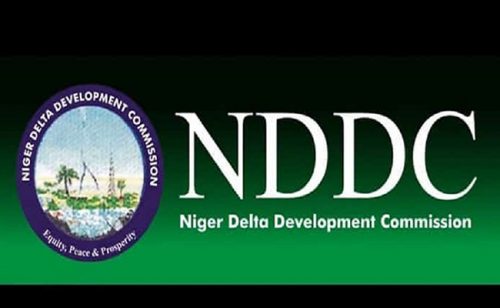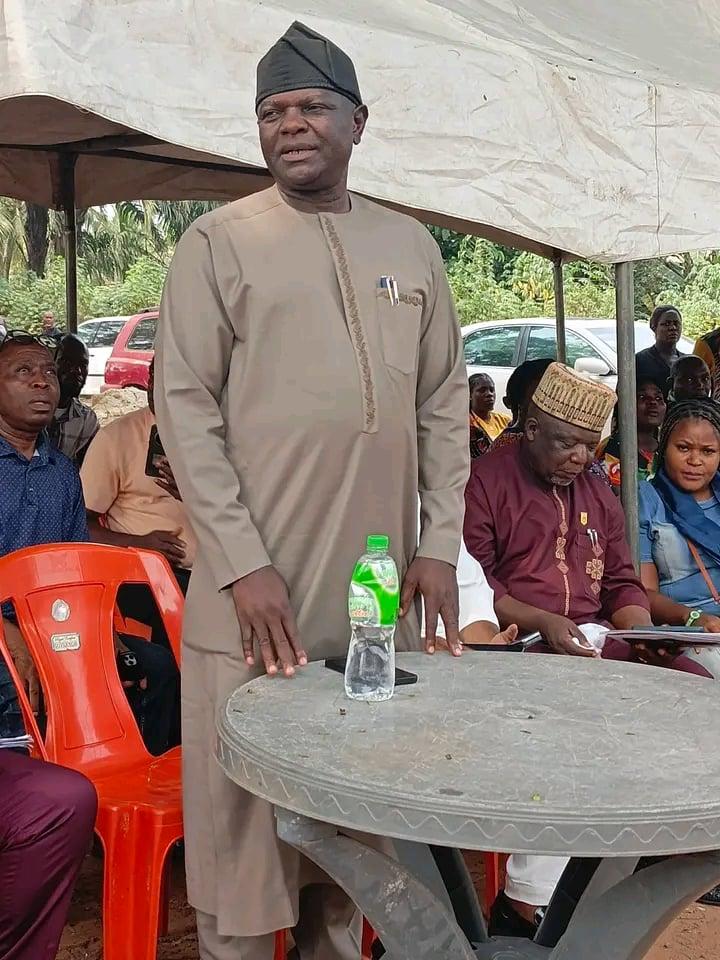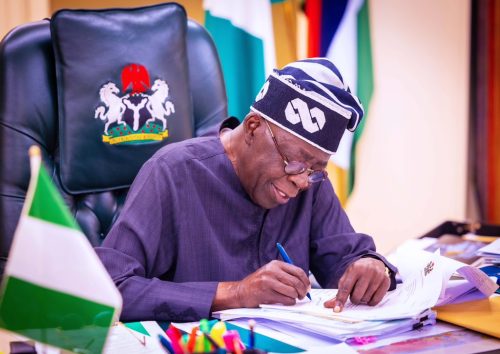Buhari to host communities: PIA will bring real, lasting benefits

*Says Nigeria lost $50bn in 10 years due to uncertainty over non-passage of PIB
*Sets up steering c’ttee to implement legislation
President Muhammadu Buhari, on Wednesday, appealed to host communities of oil companies in the Niger Delta region to accept the Petroleum Industry Act (PIA), saying the implementation of the provisions of the Act will bring ‘real and lasting benefits’ to them.
He made the appeal in his remarks at a ceremony to unveil the recently assented PIA, which preceded the Federal Executive Council (FEC) meeting at the Presidential Villa Abuja, just as he disclosed that Nigeria lost an estimated $50 billion worth of investments in 10 years largely created by the uncertainty of non-passage of the Petroleum Industry Bill (PIB), lack of progress and stagnation in the petroleum industry.
The Daily Times recalls that President Buhari signed the PIB into law on Monday with some stakeholders in the Niger Delta region arguing that the allocation of 3 percent oil companies’ operating expenses for host communities by the Act is unacceptable.
His words: The Petroleum Industry Act 2021 creates a regulatory environment that would ensure efficiency and accountability across the oil and gas value chain and reposition NNPC to a commercially driven National Petroleum Company that is accountable to the Federation.
“The Act also provides for a direct benefit framework that will enable sustainable development of Host Communities.
“I appeal to the host communities to look carefully at the contents of the Bill which in the implementation will bring real and lasting benefits to them.”
The President added that “the Act provides for deliberate end to gas flaring which would facilitate the attainment of Nigeria’s Nationally Determined Contributions of the Paris Agreement through a funding mechanism to support gas flare out projects in host communities”.
He disclosed that the stagnation in the petroleum sector affected growth of the economy, citing lack of political will on the part of past administrations to actualise the needed transformation.
Buhari said assent of the Petroleum Industry Bill on August 16, 2021, marked the end of decades of uncertainty and under-investment in the petroleum industry.
“We are all aware that past Administrations have identified the need to further align the industry for global competitiveness, but there was lack of political will to actualize this needed transformation.
“This lack of progress has stagnated the growth of the industry and the prosperity of our economy. In the past ten years, Nigeria has lost an estimated US$50 billion worth of investments due to uncertainty created by the non-passage of the PIB.
“This administration believes that the timely passage of the Petroleum Industry Bill will help our country attract investments across the oil and gas value chain.
“In view of the value our nation and investors will derive from a stable fiscal framework for the oil and gas industry, our Administration has found it necessary to work with the two Chambers of the National Assembly to ensure the passage of the PIB,’’ he said.
He noted that the signing of the bill was part of the administration’s commitment to building a competitive and resilient petroleum industry that will attract investment, improve our revenue base, create jobs and support our economic diversification agenda.
The president said as a “nation that depends on oil resources for the development of other sectors, Nigeria runs a Petroleum Industry that is governed largely by laws enacted over 50 years ago such as the principal legislation; the Petroleum Act of 1969 and other obsolete legislations.’’
He said the presidential assent of the bill to “Petroleum Industry Act 2021” marked the beginning of the journey towards a competitive and resilient petroleum industry that will attract investments to support the nation’s Economic Recovery and Growth Plan.
President Buhari also at the ceremony, approved a steering committee to oversee the process of implementation of the newly signed Petroleum Industry Act (PIA).
The steering committee is headed by the Minister of State, Petroleum Resources, Timipre Sylva.
Other members of the implementation committee include: Permanent Secretary, Ministry of Petroleum Resources, Group Managing Director, NNPC, Executive Chairman, FIRS, representative of the Ministry of Justice and representative of the Ministry of Finance, Budget and National Planning.
The Senior Special Assistant to the President on Natural Resources, Olufemi Lijadu, will serve as External Legal Adviser, while the Executive Secretary, Petroleum Technology Development Fund, will serve as Head of the Coordinating Secretariat and the Implementation Working Group.
The primary responsibility of the steering committee shall be to guide the effective and timely implementation of the PIA in the course of transition to the petroleum industry envisaged in the reform programme.
It is also to ensure that the new institutions created have the full capability to deliver on their mandate under the new legislation.
The committee has 12 months for the assignment, and periodic updates will be given to the president.
The ceremony was attended by the Senate President, Ahmed Lawan, Deputy Senate President, Ovie Omo-Agege, Deputy Speaker Ahmed Wase, and other lawmakers, members of the Federal Executive Council (FEC), and Group Managing Director of the NNPC, Mele Kyari.










